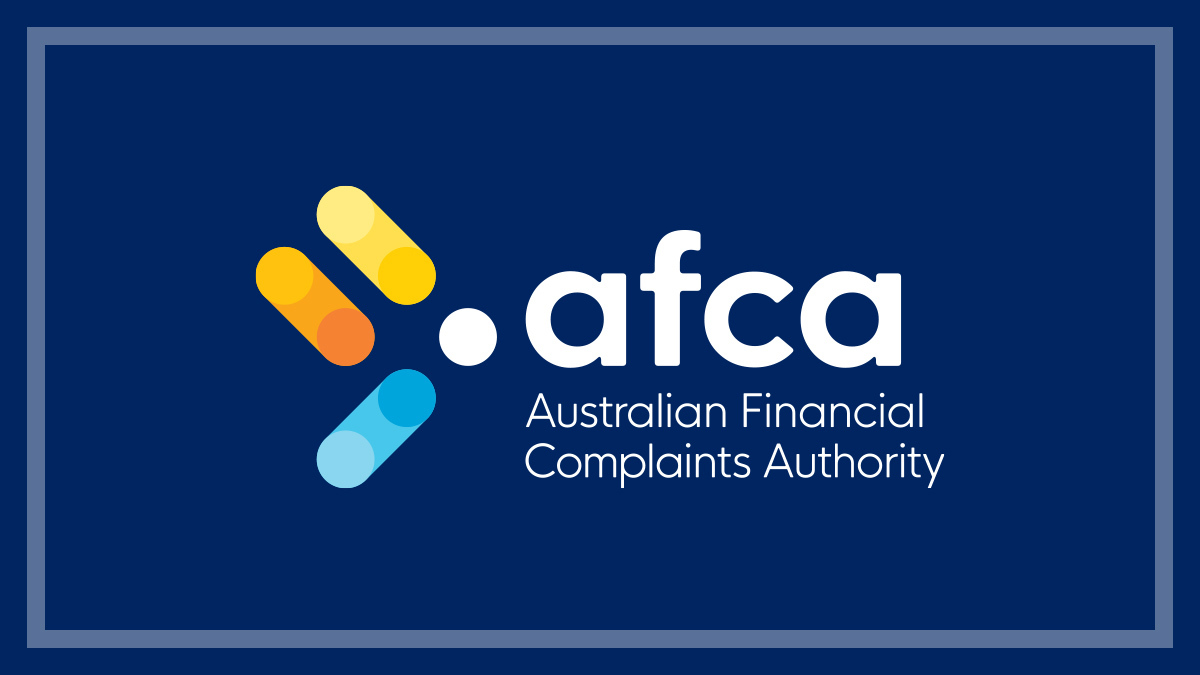Get our independent lab tests, expert reviews and honest advice.
We took on big business – and won

Need to know
- 'Grandfathered' commissions are hidden, ongoing commissions in super, insurance and investment products, charged despite there being no ongoing service.
- This type of commission was banned in 2013, but a loophole allowed financial services to continue to charge for those in place before 2013.
- These pre-2013 commissions will now finally be banned from 2021.
Many people seek financial advice at some point during their lives: to help buy a family home, invest for a rainy day or save for a comfortable retirement.
But the financial advice industry is notorious for acting in its own interest instead of looking after the people who are asking for help. And sadly, thousands of Australians have paid the price for poor financial advice, losing their entire life savings.
In 2019, the industry still receives $2 billion each year in these dodgy commissions – for doing no work
For decades, CHOICE members and supporters have championed laws that keep this industry accountable to consumers – despite major corporate opposition and pressure.
One of the most egregious issues we spotted was that of hidden ongoing commissions being charged within super, investment and insurance products, despite no service being provided to the customer.
In 2013, we had a major win when the government banned commissions, but the advice industry fought hard and won a loophole that would let them continue to charge commissions that were in place before 2013.
In 2019, the industry still receives $2 billion each year in these dodgy commissions – for doing no work. But from 2021, these will finally be banned too.
Here’s how we did it.
The Future of Financial Advice (FoFA)
Since the mid-1980s CHOICE has campaigned against dodgy behaviour in the financial advice industry. Our shadow shops and investigations found time and time again that many financial advisers were providing poor advice to everyday Australians. Industry players would consistently chase commissions over client needs and provide conflicted advice. In a 2010 investigation, we found advisers recommended products from their direct or indirect employer 73% of the time.
It was only after the high-profile collapses of advisory services Storm Financial and Opes Prime, which financially ruined thousands of Australians, that the federal government finally took action.
The government introduced new reforms in 2012 called the Future of Financial Advice (FoFA), which aimed to stop financial advisers providing poor advice. These reforms included basic protections such as the duty for financial advisers to act in their client’s best interests and an end to hidden commissions charged to customers despite no service being provided.
This was an important first step in creating a more trustworthy financial advice industry. Disappointingly, the industry had been gifted a significant loophole that would allow advisers to continue charging ‘grandfathered commissions’ – the commissions that were already in place. These sneaky fees hidden in insurance, investment and super products continue to cost Australians billions of dollars every year despite no service being provided.
Big business up to its old tricks
After just two years of these important consumer protections being implemented, the financial advice industry launched an aggressive campaign in an attempt to weaken the reforms. The industry called on the government for changes that would effectively water down the best interests duty. The fight was on again.
Why does fair financial advice matter? Lyndi’s story
In the mid-2000s, we heard from 57-year-old Lyndi who sought financial advice to ensure she had enough money for retirement. But things went horribly wrong.
After being coerced into borrowing a large sum of money to invest in a portfolio, Lyndi found out she’d been sold into a scheme that was high-risk to her but high-reward for her adviser. When the global financial crisis hit, Lyndi was left with more than $276,000 in debt due to the bad financial advice she received.
Lyndi’s story is unfortunately not unique. Without laws that ensure your financial adviser must act in your best interest, many Australians lost hundreds of thousands of dollars and had their retirements ruined. Stronger consumer protections were absolutely necessary to ensure that the lives of Australians aren’t destroyed by financial greed.
David vs Goliath
We knew senators had the power to stand up for the best interests of Australians and stop the changes being pushed by the financial advice industry.
To convince senators to use their veto power and save these financial protections, CHOICE members and supporters pulled out all stops:
- We sent Lyndi’s story as a letter to all MPs and senators
- We kept the issue in the news as much as we could, giving the Commonwealth Bank a Shonky for dodgy financial advice
- CHOICE supporters emailed senators and hundreds of people posted and shared a photo of them on social media with our #SaveFOFA poster to spread the need for action.
After weeks of pressure and a number of attempts to secure the numbers for a vote, on 19 November 2014, Senators Jacquie Lambie and Ricky Muir joined Labor, the Greens and other Independents in striking down changes that would have watered down financial advice protections.
“Today I’m proud to say I’m going to vote with like-minded senators, the coalition of commonsense, to fix an injustice that I helped create just a few months ago … I will not allow the Liberal party and their supporters to wind back consumer protection at a time when the financial advice industry has been shown to act in a scandalous manner.” – Senator Jacqui Lambie
“Consumer groups such as CHOICE, National Seniors and the Council on the Ageing have all voiced significant concerns about the changes. I have heard the concerns of many consumers and investors who have lost everything.” – Senator Ricky Muir

Closing the loophole: our win in 2019
Together, people power had already made a big difference to our consumers laws, but the financial advice industry was still exploiting a significant loophole that lets it continue to steal billions from Australians.
‘Grandfathered commissions’ refers to the hidden ongoing fees that were built into many insurance, superannuation and investment accounts before 2013 and are paid to financial advisers regardless of whether they provide any advice to the customer at all. Since 2013, these have been generating upwards of $2 billion every year.
The banking royal commission was crucial in shining a light on this problem, exposing financial advice licensees like AMP, which had chosen to grow its pool of advisers who had clients paying grandfathered commissions, instead of acting in the best interests of their clients.
We gave the commission more than 3000 stories from supporters that illustrated the real impact of financial misconduct
In our submission, we gave the commission more than 3000 stories from supporters that illustrated the real impact of financial misconduct.
With the royal commission front of mind, we gave AMP a Shonky Award in 2019 for ruining the retirements of countless Australians.
In October, the government finally took action to close the grandfathered commissions loophole for good. This was the first major recommendation to become law since the commission, and a huge win for consumers!
Banning grandfathered commissions will force advisers to work for future income and make sure they’re not distracted from acting in the best interests of their clients again.
We’ve only just begun
Knocking back the agenda of the powerful financial advice industry was a great victory, but the fight for better treatment from banks and financial services isn’t over yet.
Financial advice is not the only part of the financial industry that needs reform. There have been dozens of high-profile banking and finance scandals in Australia, and regular people are the ones who lose out.
That’s why CHOICE members and supporters are calling for:
- Stronger laws that hold bank bosses to account. The Business Executive Accountability Regime (BEAR) needs to be extended and explicitly hold executives accountable for consumer protection issues.
- Compensation when they do you wrong. The financial sector needs to fund a last resort compensation scheme, to ensure people are not left financially ruined.
- Stopping banks from writing their own rules. ASIC needs rule-making powers to draft and administer mandatory industry codes, instead of letting businesses draft their own unenforceable, weak codes that don’t help people or curb bad conduct.
- Making the mortgage broking industry act in your best interests. Brokers need to live up to their promises – there should be legislation that requires them to act in the best interests of their customers.
- Closing loopholes for banks and insurance companies. Loopholes and gaps in the law need to be closed so everyone is on the same playing field and consumers are protected across the board.
Now it’s time to make sure the government sees these changes through.
You can help stop the companies we trust with our money to stop taking advantage of us. Join the fight to make banking fair by adding your support now:





